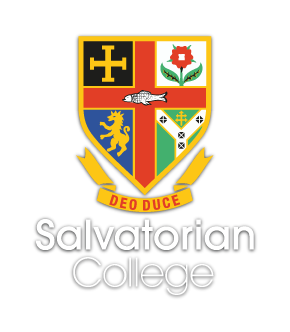Psychology
Psychology
“Psychology is the science of mind and behaviour, unlocking the secrets of our thoughts, emotions, and actions. It’s a journey into the complexities of the human experience, revealing the mysteries of what drives us and shapes our lives.” – David Myers
The Psychology department aims to develop aspirational and investigative individuals who search to independently seek answers amongst phenomena arising amongst societal complexities. By doing so the department will help to facilitate multi-faceted learners that have autonomy over their learning and research and thus self-discovery will lead to enlightened understanding of theoretical truths. The department strives to promote ‘hard-thinking’ within all lessons and teachers will deliver pedagogy that always challenges pupils and guides thinking in line with a growth mind-set. The idea being students will see success within failure and be able to apply this to broader learning and experiences outside of the psychology classroom.
The curriculum content will aim to be current, paralleling behavioural trends and community thought processes from across the wide spectrum of both collectivist and individualistic cultures. Pupil skill development will be guided by exciting lessons, often using experiential learning to help students gauge abstract concepts, balance moral compasses in-line with ethical code and instruct them in practical application of difficult knowledge. Thought provoking lessons will deliver key specification skills such as understanding, describing and explaining and evaluating research/theories.
The curriculum also challenges pupil view points and help to foster opinionated growth in well-balanced students who are then able to adopt a vast array of knowledgeable approaches in exploring and explaining phenomena. By outlining the diversity of the topic and the skills associated with it, students will gain an insight as to how the skills developed within the psychology curriculum apply to further study (sixth form/ college and pre/ post grad university) and industry in the real world, thus aiming to inspire aspirational learners who are not only able to choose their own pathways, but also succeed in their chosen environments.
Our Staff
Ms P Shamash – Head of Department
Key Stage Four
The AQA GCSE Psychology course introduces students to the fundamental concepts and theories of psychology. The GCSE Psychology curriculum is designed to provide students with a broad understanding of key psychological concepts and theories.
The course is made up of 2 Units:
- Cognition and behaviour
- Social context and behaviour
Within these units, pupils will study the following topics:
- Memory
- Perception
- Development
- Research methods
- Social Influence
- Brain and Neuropsychology
- Language, thought and communication
- Psychological problems
Key Stage Five
At AS level Pupils will be assessed on 2 units:
- Introductory topics in Psychology
- Psychology in context
Within these units, pupils will study the following topics:
Links to Future Pathways
Careers :
Clinical Psychologist
Counselling Psychologist
Educational Psychologist
Forensic Psychologist
Health Psychologist
Occupational Psychologist
Neuropsychologist
Research Psychologist
Sports Psychologist
Academic Psychologist
Studying psychology also develops a range of transferable skills, including:
- Critical thinking and analytical skills
- Problem-solving abilities
- Research and data analysis skills
- Communication skills (both written and verbal)
- Empathy and interpersonal skills
- Time management and organization
- Adaptability and resilience
- Ethical reasoning and decision-making
These skills are valuable in a wide range of professions, making psychology a versatile and enriching field of study.
